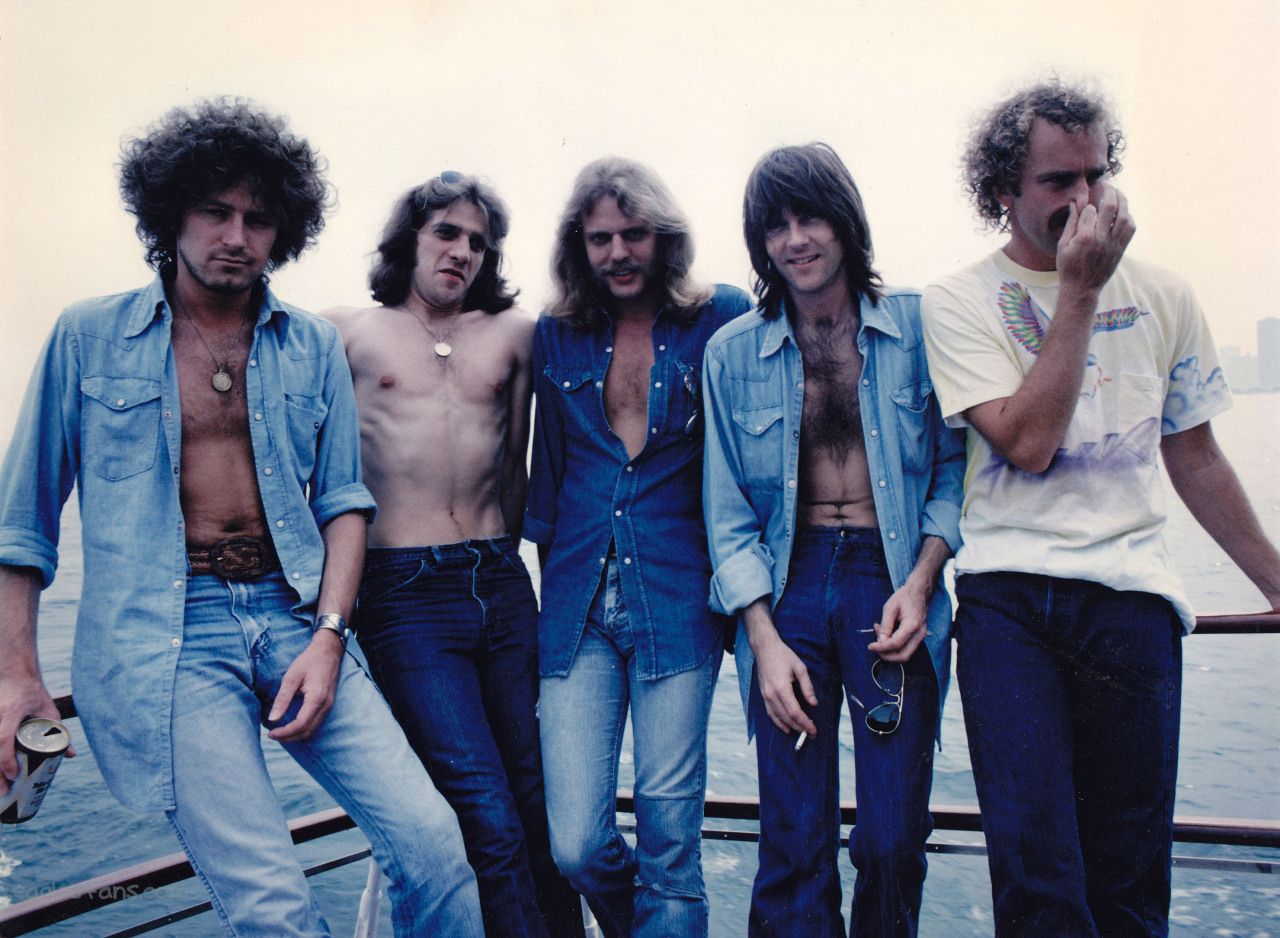
A Lonesome Plea for Freedom Wrapped in the Chains of Emotional Isolation
When Eagles released “Desperado” in 1973 as the title track of their sophomore album, Desperado, the song did not chart as a single. Yet, its resonance over time has far outstripped commercial metrics. While it may have been overlooked by the pop charts in its day, “Desperado” has become one of the band’s most iconic and enduring ballads—a slow-burning elegy whose power lies not in radio play but in the echo it leaves within the soul. Written by Glenn Frey and Don Henley, and delivered with aching vulnerability by Henley himself, the song marks a turning point in the Eagles’ artistic trajectory, signaling their evolution from country-rock journeymen into introspective chroniclers of the American spirit.
The genesis of “Desperado” is intimately tied to Henley and Frey’s growing ambition to craft music that transcended genre conventions. They were no longer content with breezy harmonies or idyllic Laurel Canyon textures. Instead, they reached deeper—into Western mythos, American loneliness, and the internal battles men fight under stoic façades. The entire Desperado album was loosely conceptualized around Old West themes and outlaw imagery, but nowhere does that motif cut more deeply than in its titular ballad. Here, the archetype of the cowboy is dismantled; he becomes not a symbol of rugged independence but a tragic figure imprisoned by his own resistance to vulnerability.
The lyrics are stark in their emotional candor: “Your prison is walking through this world all alone.” In these few words lies the emotional marrow of the song—an indictment of masculine stoicism and a call for emotional reckoning. This is no romanticized gunslinger; this is a man weary from his own self-imposed exile. Henley’s voice carries this lament with a trembling gravity, buoyed by a sparse piano arrangement and orchestral flourishes arranged by Jim Ed Norman. The musical restraint mirrors the lyrical theme: a soul baring itself slowly, painfully.
There’s also a theological undertone that makes “Desperado” feel like both confession and benediction. When Henley sings “These things that are pleasin’ you can hurt you somehow,” he collapses comfort into pain—a duality known to anyone who has built walls to protect themselves only to find those same walls have become cages. The final plea—“You better let somebody love you before it’s too late”—resonates like scripture for the emotionally estranged. It is advice offered too rarely and accepted even less.
Though never a single, “Desperado” became essential to every Eagles greatest hits compilation and every live setlist worth remembering. Its legacy endures not just as one of Don Henley’s finest vocal performances, but as one of rock music’s most poignant meditations on emotional isolation, masculinity, and redemption. In many ways, “Desperado” was not written for its time—it was written for every time thereafter when someone might sit quietly with regret heavy in their chest and wonder if it’s too late to change course.